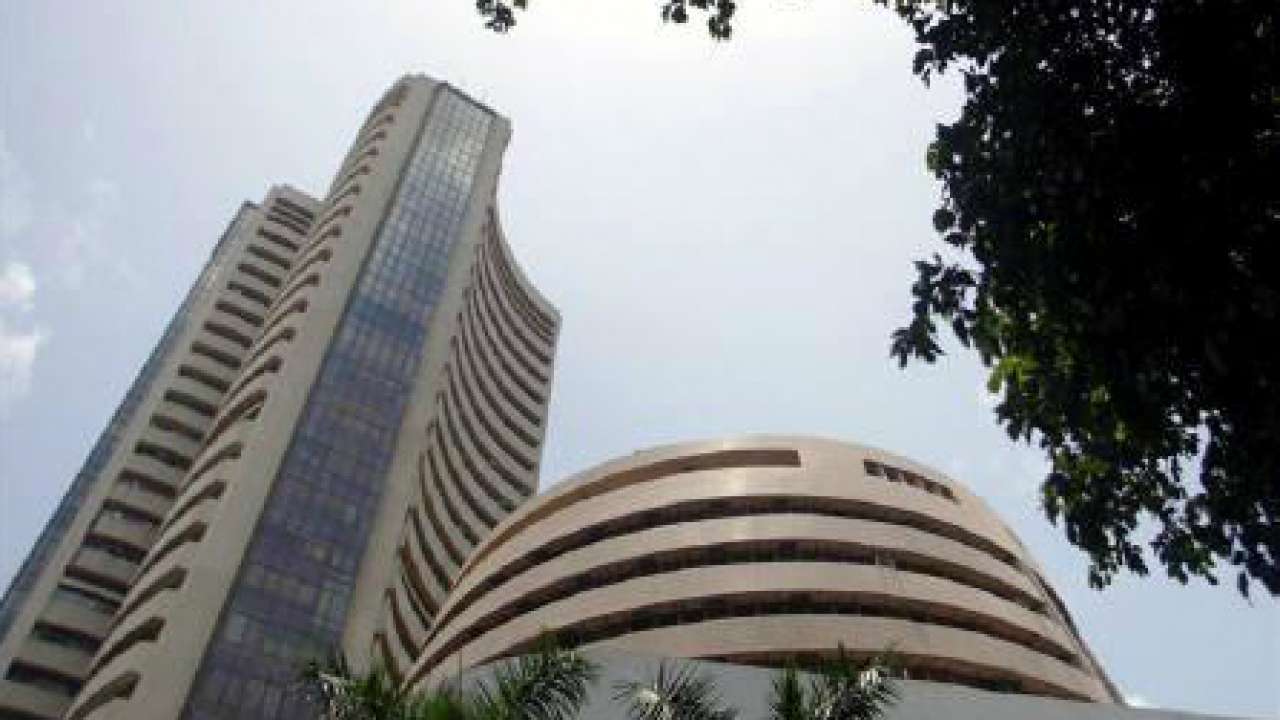Sensex plunges over 1400 points, Nifty loses 431 points as coronavirus outbreak sparks fear in global markets
On BSE, the top losers were the Metal, IT, Auto and Realty indices.

Representational Image
Sensex on Friday lost over 1,400 points to close below 39,000 as markets crashed amid rising fears of the coronavirus outbreak turning into a pandemic.
Most BSE-listed stocks from the mid-cap and small-cap space witnessed heavy selloff. Broad market indices like the BSE Mid Cap and Small Cap indices lost less in comparison.
While there were no gainers sectorally, the top losers were the BSE Metal, IT, Auto and Realty indices.
The Sensex shed 1,448.37 points (3.64%) to close at 38,297.29 while NSE's Nifty lost 431.55 points (3.71%) to close at 11,201.75.
This came as Asian and European equities faced a fresh bout of selling on the final trading day of the week on mounting concerns the coronavirus outbreak will stunt the world economy and deal a heavy blow to corporate profits.
The free fall of the equity market is said to be the result of fear over the spread of coronavirus across the country.
This was the sixth consecutive session of correction in the market as selling pressure was seen through the day with no major recovery seen from the lows.
This is the worst weekly fall for the Indian market as Sensex slipped around 7% while Nifty declined 7.2% this week, reports said.
"It was the first trading session of the near month March 2020 derivative series. Sentiments remained negative as the coronavirus has now spread to many countries across the world and there is fear that new outbreaks will push down global demand," Deepak Jasani, Head Retail Research, HDFC Securities, said.
Cash market turnover on NSE shot up significantly as the sharp market fall led to heightened trading activity, he said.
"Technically, with the Nifty moving down further and in a free fall, traders will need to watch if the Nifty can now hold above the next major supports at 11090; else the current downtrend is likely to continue," he added.
Commenting on impact of coronavirus outbreak on India-China trade, Praveen Khandelwal, General Secretary of Confederation of All India Trade (CAIT), said, "Bilateral trade ties between India and China are far more extensive and wide-ranging than generally understood. Dependence on China for supplies spans across sectors and sub-sectors, and in many cases is as high as 60%. On-ground situation indicates that normalization of trade can take at least six months."
"Industry participants have sought support from the Indian government (in terms of credit, technology, logistics, etc.) to unclog bottlenecks in the supply chains by building a formidable alternative to Chinese supplies," Mr Khandelwal added.